Infrastructure & Technologies
Using Continuous Offline Insulation Resistance Testing and CBM to increase Plant Safety and Reliability
Smart Substations and Their Role in the Evolving Smart Grid
Infrastructure & Technologies
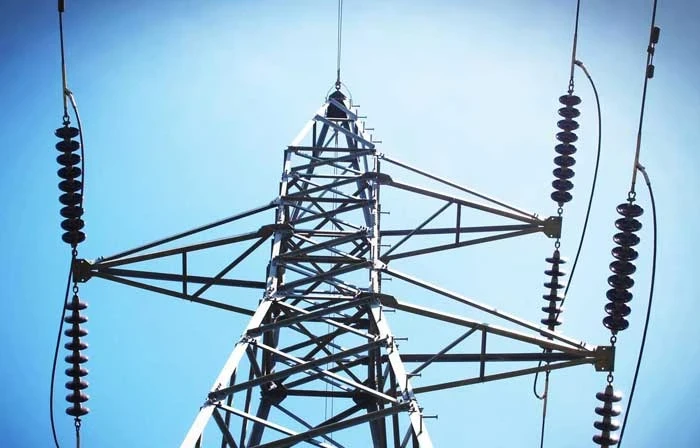
FERC Complaint Targets Duke, PJM Transmission Planning
A coalition of large energy consumers and ratepayer advocates has filed a complaint with the Federal Energy Regulatory Commission (FERC), urging the agency to prohibit transmission owners from independently planning "local" transmission projects exceeding 100 kilovolts (kV). The coalition argues that such local planning, lacking independent oversight, leads to inefficient and costly transmission development, resulting in unjust and unreasonable rates for consumers.
Background
Transmission planning involves determining the necessary infrastructure to transport electricity from generation...
Related Articles

Smart Substations and Their Role in the Evolving Smart Grid
The power industry is undergoing a profound transformation driven by grid modernization, renewable integration, and increasing demands for resilience and efficiency. At the heart of this evolution lies the smart substation—a next-generation facility equipped with advanced sensors, digital...
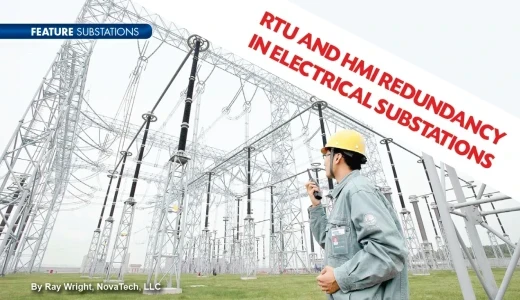
RTU and HMI Redundancy in Electrical Substations
As the substation RTU takes on more applications, such as Human-Machine-Interface (HMI), alarm annunciation, math & logic and “relay communication processing”, its need for high availability increases. Anything that takes the RTU out of service – configuration change, firmware update, or...

Aging Infrastructure: How to Save Aging Assets
Applying limited resources to critical, aging infrastructure BY MASSOUD AMIN, IEEE Smart Grid, University of Minnesota The Smart Grid’s contributions to improving electric utilities’ means of monitoring the condition of assets, providing enhanced situational awareness, and faster...
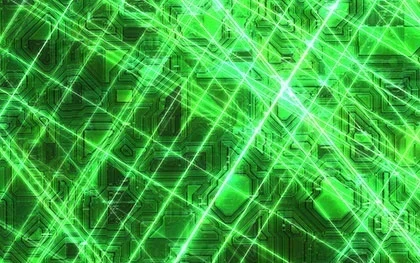
Transforming power grids for an efficient future
With a fast-growing global population and increasing levels of industrialization, demand for electricity is expected to soar 60 percent between now and 2040. That means power grids will be called on to transmit more power, more efficiently. And to do so, they’ll have to adapt to an evolving...

Smart Substations and Their Role in the Evolving Smart Grid
The power industry is undergoing a profound transformation driven by grid modernization, renewable integration, and increasing demands for resilience and efficiency. At the heart of this evolution lies the smart substation—a next-generation facility equipped with advanced sensors, digital...
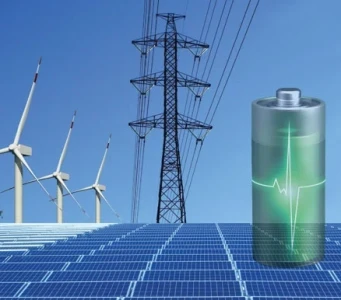
Duke Energy Florida Adds 300 MW with Four New Solar Projects
Duke Energy Florida has announced plans to build four new utility-scale solar energy facilities across the state, aimed at adding 300 megawatts (MW) of renewable energy to the grid. This expansion is part of the company’s broader strategy to increase its solar generation capacity and...
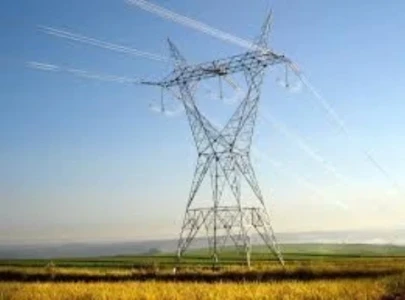
DOE Prioritizes Baseload Generation
In a strategic move to tackle the growing electricity demand and bolster energy security, the U.S. Department of Energy (DOE), under Secretary Chris Wright, has announced plans to focus on expanding baseload and dispatchable power generation. This shift in priorities, outlined on January 5, 2025,...
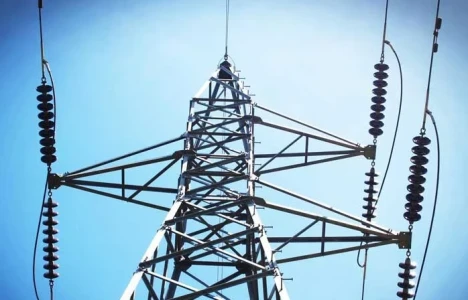
FERC Complaint Targets Duke, PJM Transmission Planning
A coalition of large energy consumers and ratepayer advocates has filed a complaint with the Federal Energy Regulatory Commission (FERC), urging the agency to prohibit transmission owners from independently planning "local" transmission projects exceeding 100 kilovolts (kV). The coalition argues...
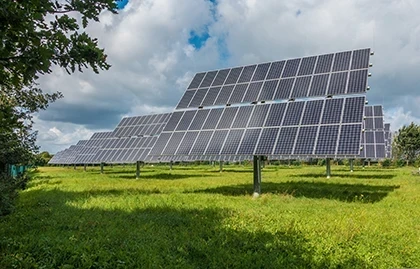
Virtual Power Plants (Vpp) And Smart Grids: Integrating Renewable Energy For A Sustainable Future
The rapid shift toward renewable energy resources (RERs) has placed significant demands on traditional power systems. To address these challenges, modern energy infrastructure is evolving into smart grids, leveraging advanced technologies like Virtual Power Plants (VPPs) to enhance grid...
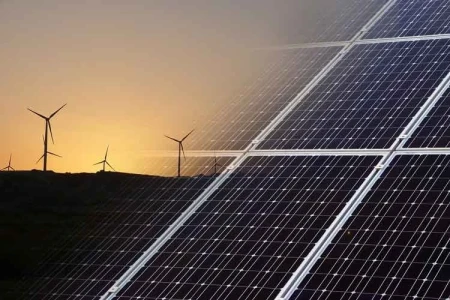
Louisiana Industries Push for Faster Renewable Energy Transition
Louisiana, known for its robust oil and gas industry, is experiencing a significant shift as some of its largest industries express frustration over delays in the state’s renewable energy transition. These major players are pushing for accelerated development and implementation of renewable...
